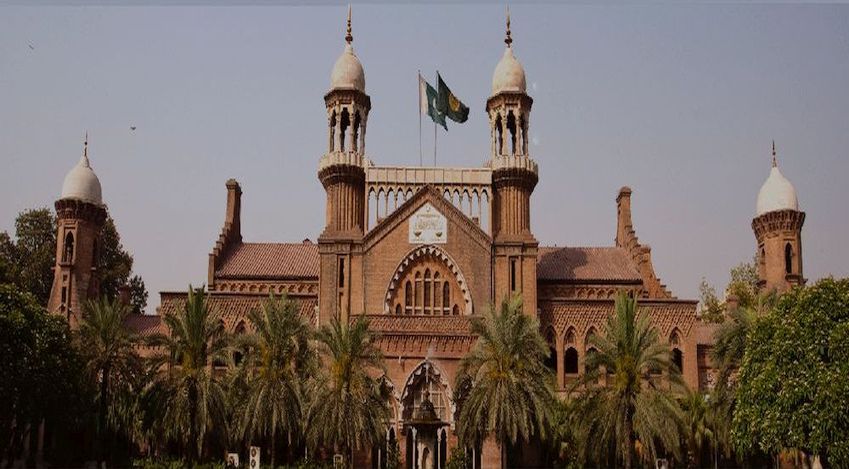Validity of a Gift Mutation allegedly procured through Fraud --- Lahore High Court set aside Lower Court Dismissal Order and Remands the case for Fresh Consideration
Islamabad 28-11-2024: In a significant ruling, the Lahore High Court set aside an order by the Additional District Judge, Sahiwal, which had rejected a suit challenging the validity of a gift mutation. The Court, presided over by Mr. Justice Rasaal Hasan Syed, remanded the case to the trial Court for fresh consideration of its maintainability while addressing allegations of fraud and coercion.
The case revolved around [Mutation of Gift No. 2408], dated December 15, 2000, which transferred property from the late Allah Yar to his sons (Respondents No. 2 and 3). The daughters (Petitioners) contested the validity of this gift, alleging it was procured through fraud and misrepresentation. They argued that the transaction deprived them of their rightful Islamic share in inheritance.
Complications arose when Allah Yar withdrew a prior suit challenging the same mutation on May 29, 2021 the day he passed away. The petitioners contended that their father was mentally and physically incapacitated at the time, raising serious doubts about his consent.
The petitioners’ suit for declaration and permanent injunction was initially dismissed by the Additional District Judge, Sahiwal, under Order VII, Rule 11 of the Civil Procedure Code (CPC), on grounds of non-maintainability. The rejection was based on the earlier withdrawal by Allah Yar.
In response, the petitioners filed a Constitutional Petition with the Lahore High Court, seeking to challenge the dismissal.
Mr. Justice Rasaal Hasan Syed highlighted the irregularities in the earlier withdrawal proceedings. Allah Yar’s deteriorating health and immediate demise after the withdrawal statement raised questions about the validity of his consent. The Court cited the precedent of Jeewan Shah Vs. Muhammad Shah (PLD 2006 SC 202), emphasizing the duty of Courts to ensure that statements by mentally or physically unfit individuals are scrutinized with medical assistance.
The Court acknowledged the petitioners’ proposal to convert their constitutional petition into an application under Section 12(2), CPC, challenging the earlier withdrawal order. Relying on Noor ul Amin Vs. Muhammad Hashim (1992 SCMR 1744), the Court reaffirmed that procedural laws should advance justice rather than obstruct it.
Citing Syed Sadaqat Sultan Vs. Bahadar (2007 YLR 2905), the judgment underscored the importance of resolving cases on merit rather than dismissing them on procedural grounds.
The Lahore High Court set aside the Additional District Judge’s order of April 23, 2022, remanding the case back to the trial Court. The trial Court was directed to reevaluate the maintainability of the petitioners’ suit in light of the Lahore High Court observations, particularly regarding the questionable circumstances surrounding Allah Yar’s withdrawal.
This judgment reinforces the principles of procedural justice and the Court’s role in safeguarding inheritance rights. By addressing allegations of fraud and coercion, the Lahore High Court has underscored the importance of fairness in judicial proceedings, particularly in cases involving vulnerable individuals.
This decision marks a critical step in ensuring that inheritance disputes are resolved on merit, safeguarding the rights of women in family property matters.
Powered by Froala Editor








